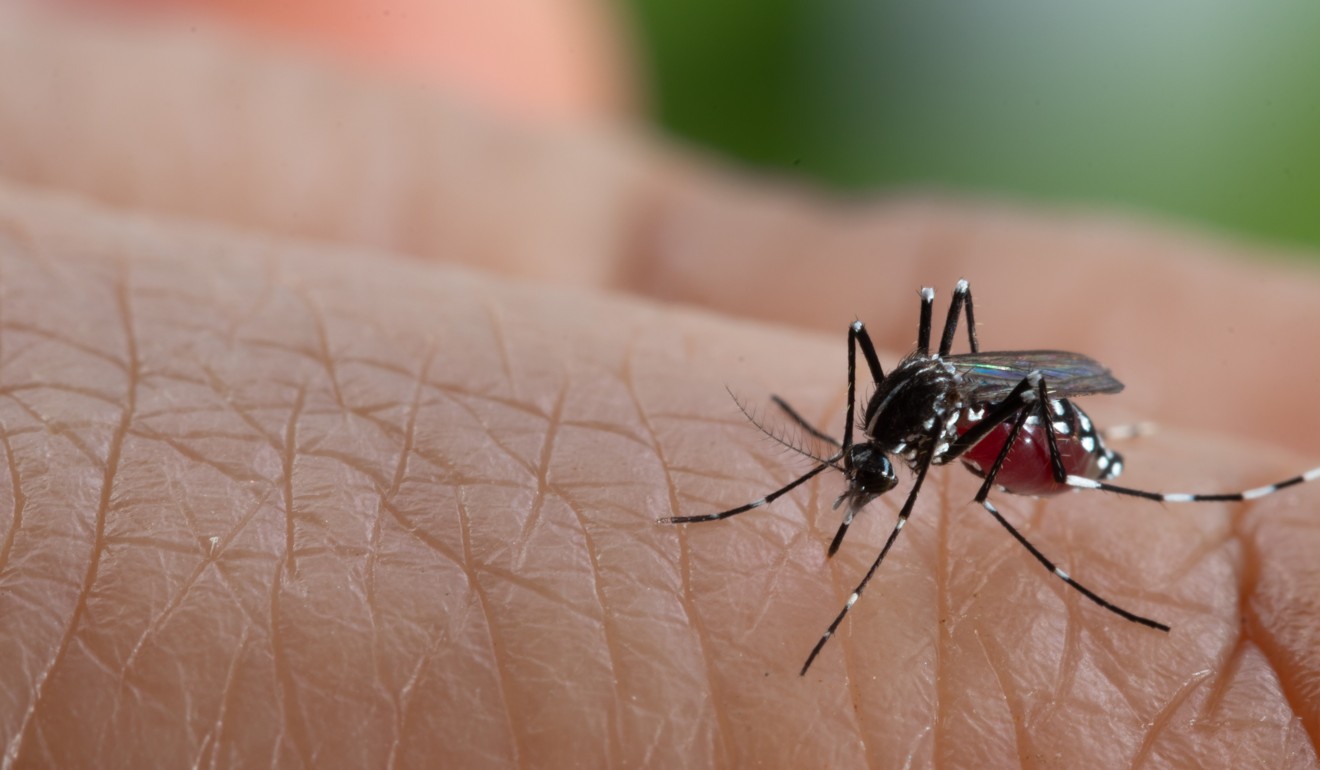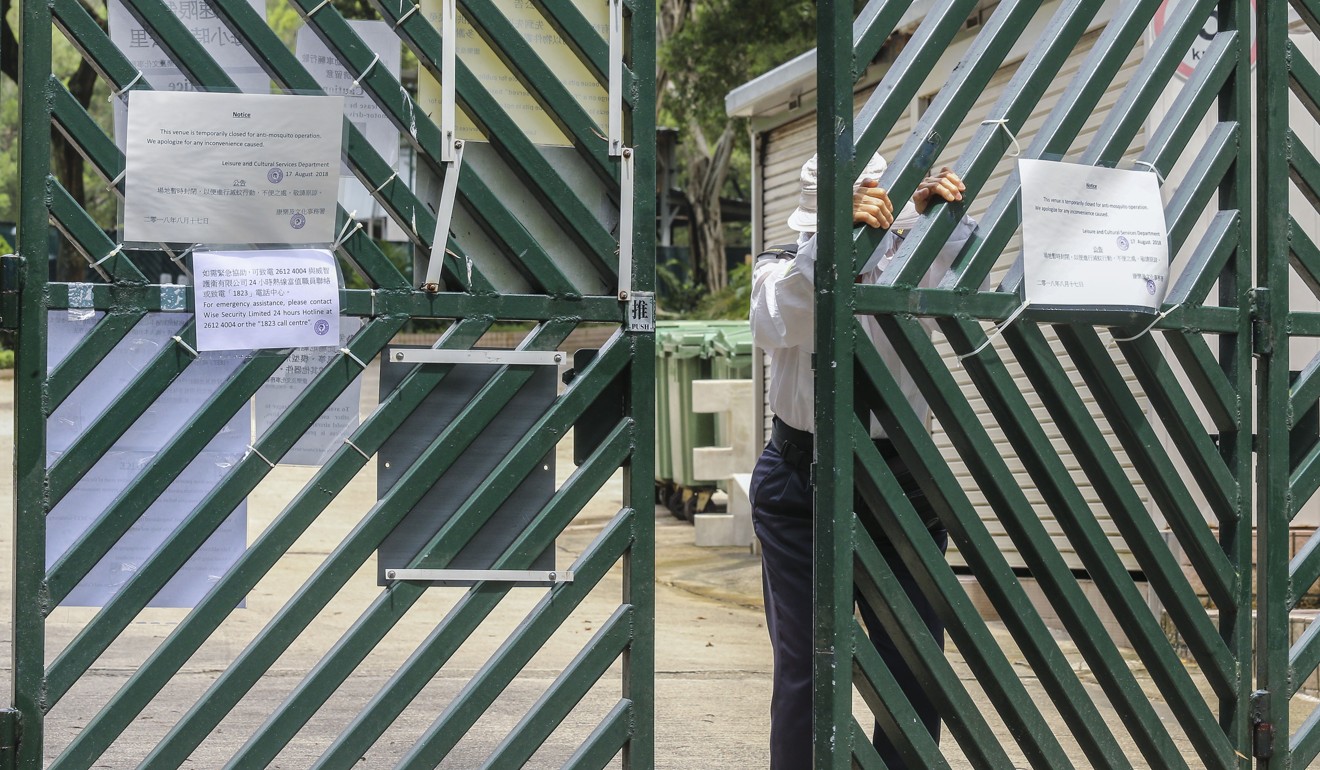
Hong Kong’s dengue fever outbreak on the wane
But doctors warn risk of cases imported from abroad remains
Hong Kong’s dengue fever scare appeared to be petering out on Wednesday with no local infections reported for more than a week, but medical experts warned the threat of imported cases remained.
In the three weeks from August 14 to last Tuesday, 29 people were confirmed as infected with the virus. All of them had either been near Lion Rock Park in Wong Tai Sin or been to the outlying island of Cheung Chau.
No new cases had been reported since then.
Professor Ivan Hung Fan-ngai, an infectious diseases expert from the University of Hong Kong, said this suggested the threat of contracting dengue at the two hotspots was under control.
It did the same on Cheung Chau, home to more than 20,000 people, paying special attention to areas near schools and places patients had visited.
“The average incubation period for dengue fever is seven days,” Hung noted.
“If we don’t have new local cases after a period of seven days, it would suggest the spread of cases from these two sources should have been cut down.”

On Tuesday, health minister Professor Sophia Chan Siu-chee said the outbreak was “more or less under control”, pointing to how the rate of new confirmed cases had slowed, and noting there had been no new cases in the past week.
The bulk – 18 – of the local cases were diagnosed between August 14 and 21.
The Food and Environmental Hygiene Department on Wednesday released preliminary ovitrap index figures – showing the percentage of traps found with Aedes albopictus mosquito eggs or larvae – for the first week of September.
The released figures did not include those for Cheung Chau or Wong Tai Sin. But they showed no special operations were needed in Tai Wai, Ma On Shan, Chai Wan West, North Point or Wan Chai North.
The sudden surge in local cases had led to the perception that the authorities had been caught off guard, prompting experts to suggest ways to improve preparedness.
Dr Ho Pak-leung, a microbiologist from HKU, suggested authorities introduce other mosquito surveillance methods, such as identifying the presence of larvae in outdoor water containers and trapping mosquitoes in places prone to having more breeding spots, like parks, to determine the effectiveness of mosquito control work.
He said this should be done before making a decision to reopen the park.

The period of closure for the park was set to expire on Sunday and the Leisure and Cultural Services Department, which manages it, could not confirm if it would be extended.
A department spokesman said on Wednesday: “We have been in close contact with relevant government departments and monitored the situation of dengue fever, to decide when the park would be reopened.”
We are still seeing imported cases … and the temperature is still high
Dengue fever – transmitted when the Aedes mosquito bites an infected person and then bites someone else – is not new to Hong Kong. But most patients infected in recent years were bitten outside the city, with only a handful contracting the virus locally.
So far this year, the Centre for Health Protection has recorded 77 imported cases, mostly from Thailand, the Philippines and Cambodia.
Ho said Hongkongers should stay vigilant.
“We are still seeing imported cases … and the temperature is still high,” he said. Mosquito breeding tends to increase in the summer months, when it is hot and wet.
Hung suggested people who had visited countries where dengue fever is endemic use mosquito repellent for two to three weeks after returning to Hong Kong, to prevent the virus’ spread.

